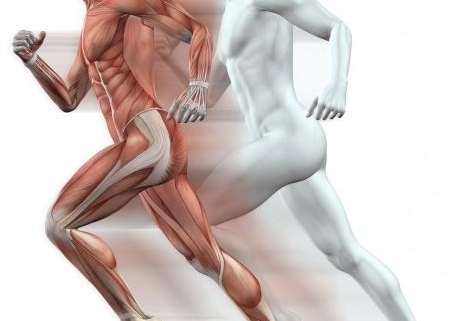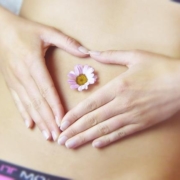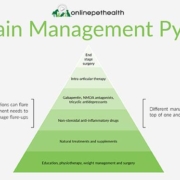Building Bone Strength: Tips for Preventing Osteoporosis
Strong bones are essential for overall health and well-being, especially for your musculoskeletal system. They support our bodies, protect our organs, and allow us to move freely. But as we age, our bones can become weaker, increasing the risk of osteoporosis, a condition that makes bones fragile and more likely to break. Fortunately, there are many things you can do to build strong bones and prevent osteoporosis throughout your life.
Understanding Osteoporosis
Osteoporosis, meaning “porous bone,” occurs when bone density decreases and bone structure deteriorates. This weakening makes bones susceptible to fractures, even from minor falls or bumps. While osteoporosis can affect anyone, it’s more common in women, especially after menopause.
Preventing Osteoporosis: A Proactive Approach
Building strong bones and preventing osteoporosis is a lifelong journey. By adopting healthy habits early on, you can significantly reduce your risk.
1. Calcium: The Building Block of Bones
Calcium is crucial for bone health. Getting enough calcium throughout your life helps build and maintain strong bones.
Dietary Sources: Include calcium-rich foods in your diet, such as milk, yogurt, cheese, leafy green vegetables (like kale and spinach), and fortified foods like cereals and orange juice.
Supplements: If you’re not getting enough calcium from your diet, talk to your doctor about calcium supplements. They can help you reach your recommended daily intake.
2. Vitamin D: Calcium’s Helper
Vitamin D helps your body absorb calcium. Without enough vitamin D, your body can’t use the calcium you consume effectively.
Sunshine: Your body produces vitamin D when exposed to sunlight. Aim for 10-15 minutes of sun exposure several times a week, especially during the midday hours. Remember to protect your skin with sunscreen after this time.
Dietary Sources: Include vitamin D-rich foods in your diet, such as fatty fish (salmon, tuna), egg yolks, and fortified foods like milk and cereals.
Supplements: If you’re concerned about your vitamin D levels, talk to your doctor about supplements.
3. Exercise: Strengthening Your Skeleton
Regular exercise is essential for building and maintaining bone density. Weight-bearing exercises are particularly beneficial.
Weight-Bearing Exercises: These exercises force you to work against gravity, strengthening your bones. Examples include walking, jogging, hiking, dancing, and climbing stairs.
Strength Training: Lifting weights or using resistance bands helps build muscle mass, which in turn supports bone health.
Balance Exercises: Improving your balance can reduce your risk of falls, which are a major cause of fractures in people with osteoporosis. Tai chi and yoga are excellent options.
4. Healthy Lifestyle Choices: Supporting Bone Health
Certain lifestyle choices can negatively impact bone health. Making positive changes can significantly reduce your risk of osteoporosis.
Quit Smoking: Smoking interferes with calcium absorption and weakens bones.
Limit Alcohol: Excessive alcohol consumption can increase bone loss.
Manage Medications: Some medications can affect bone density. Talk to your doctor about any potential risks associated with your medications.
5. Bone Density Testing: Knowing Your Numbers
Bone density testing is a simple and painless way to measure the strength of your bones. Your doctor may recommend this test if you are at risk for osteoporosis.
Summary: Taking Control of Your Bone Health
Building strong bones and preventing osteoporosis is a lifelong commitment. By focusing on calcium and vitamin D intake, regular exercise, and healthy lifestyle choices, you can significantly reduce your risk. Remember to talk to your doctor about any concerns you have about your bone health and whether bone density testing is appropriate for you.
Additional Resources:
National Osteoporosis Foundation: https://www.nof.org/
* American Academy of Orthopaedic Surgeons: https://www.aaos.org/
By taking proactive steps today, you can invest in a healthier, stronger future for your bones and your overall well-being.









